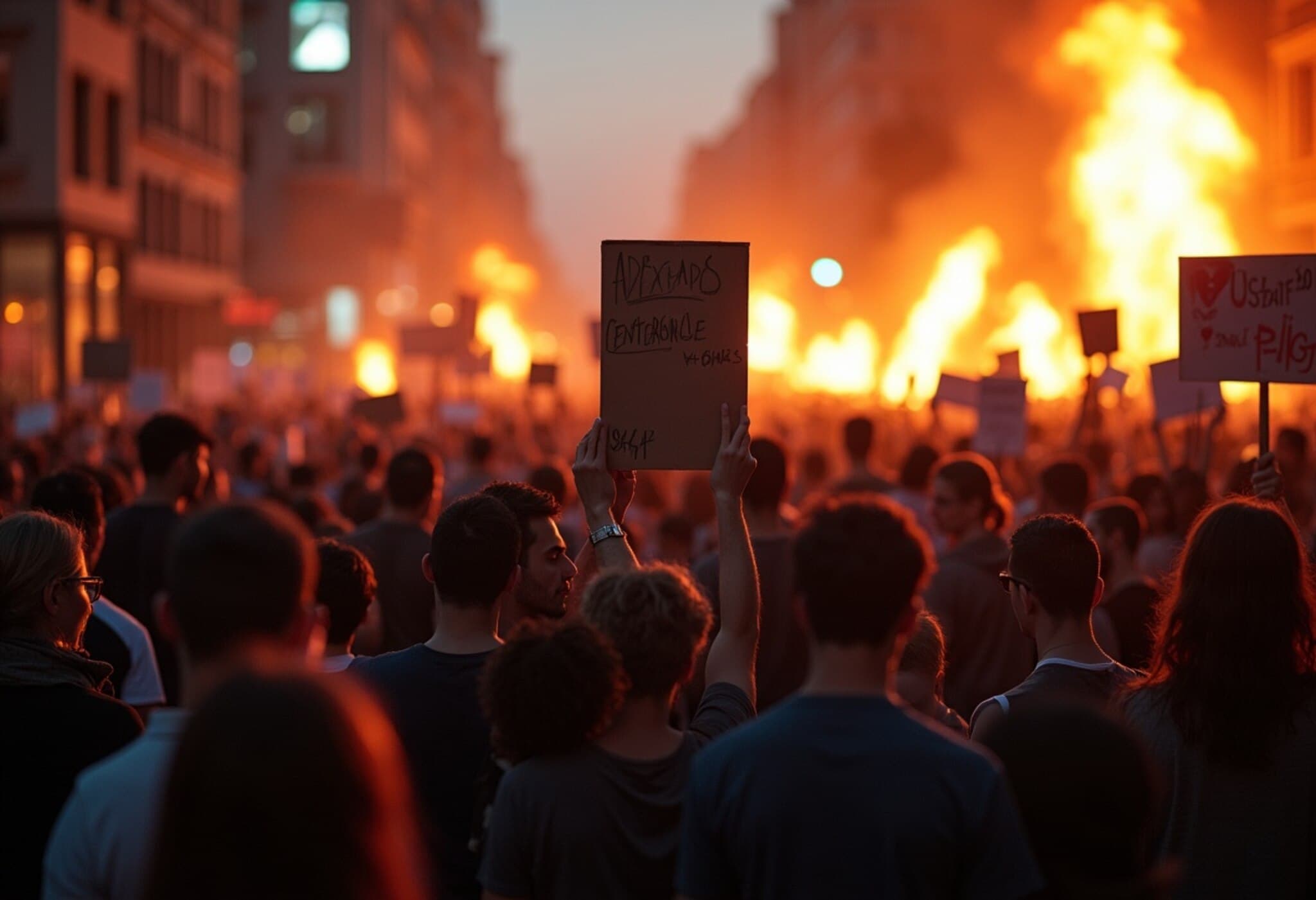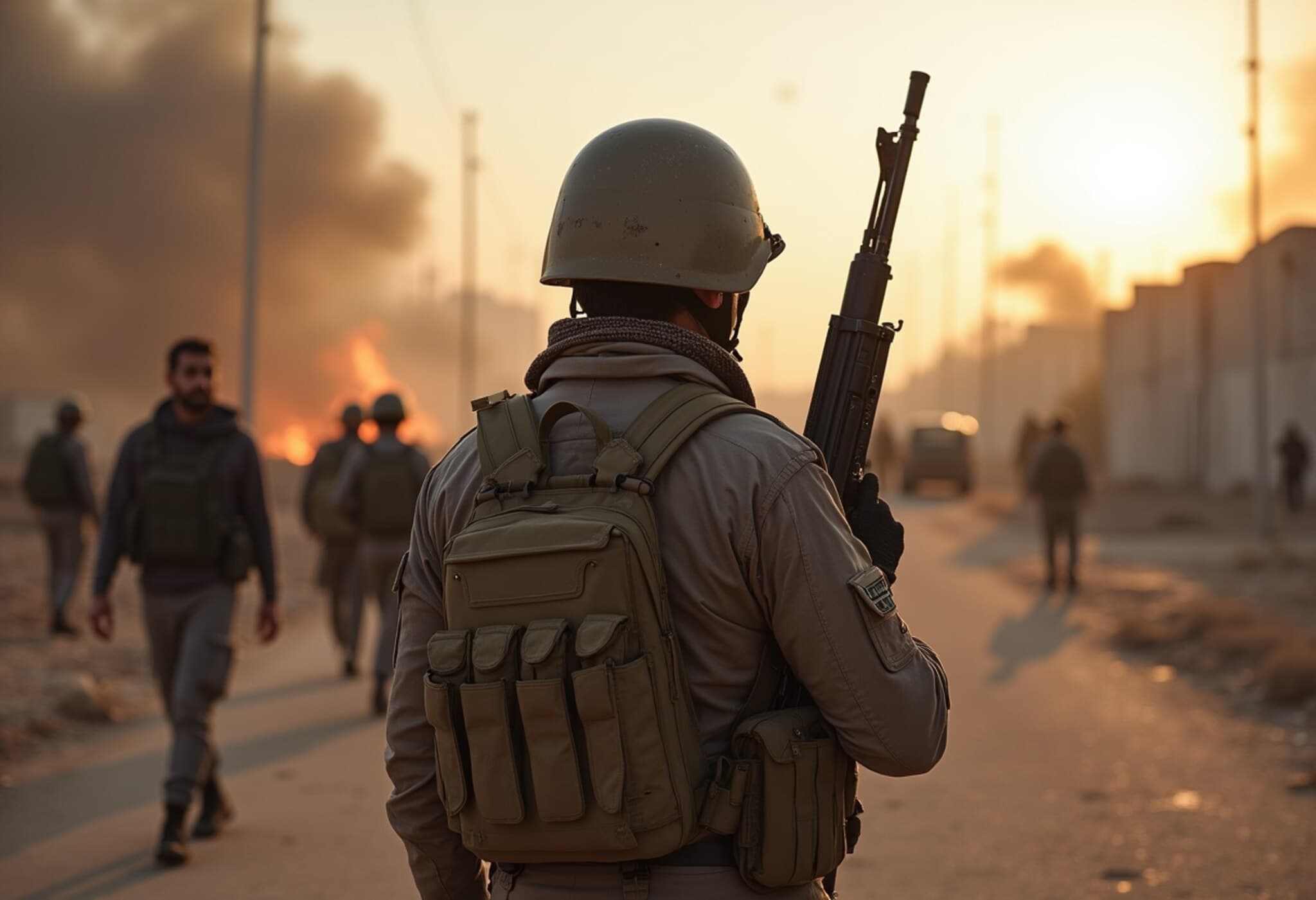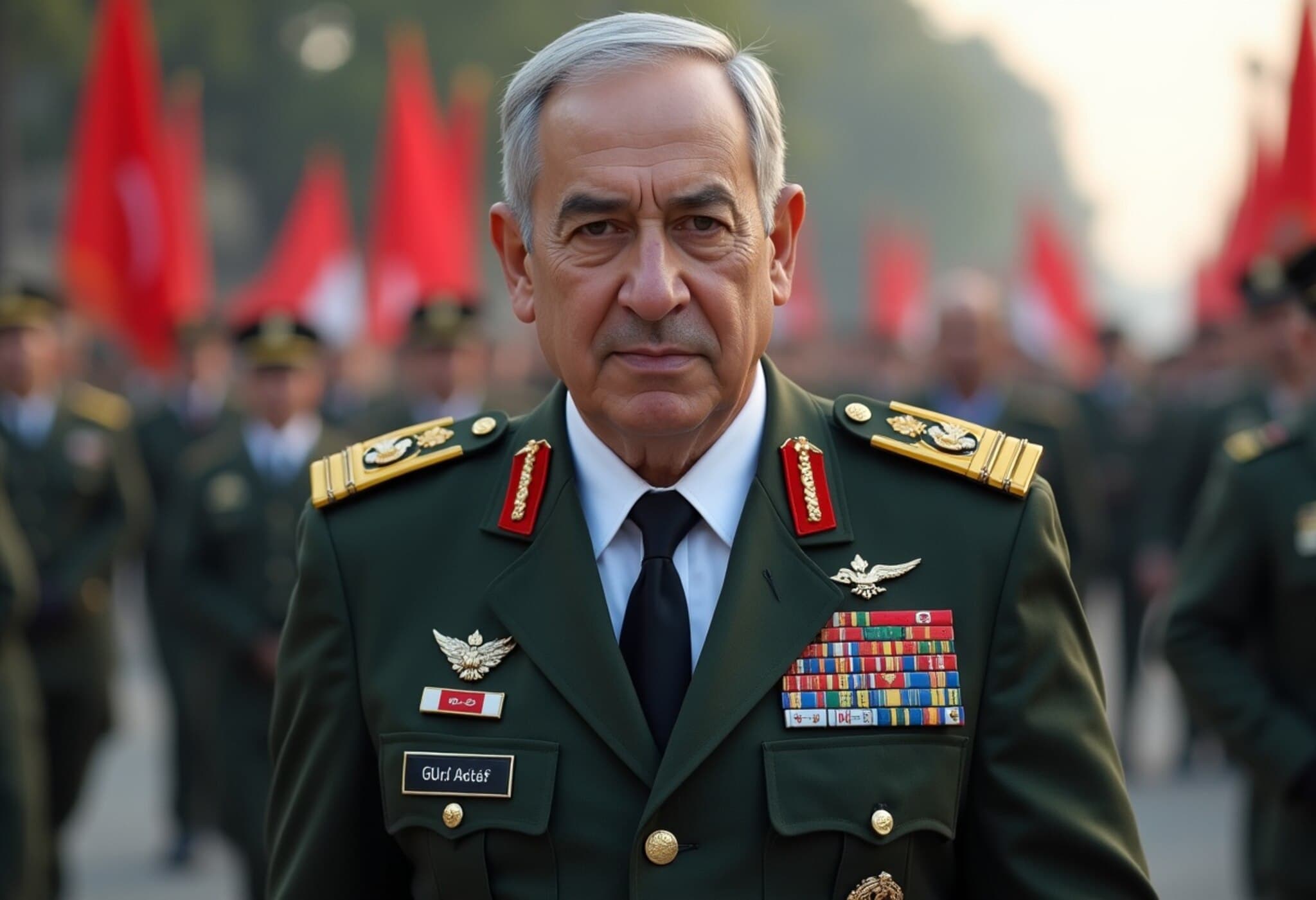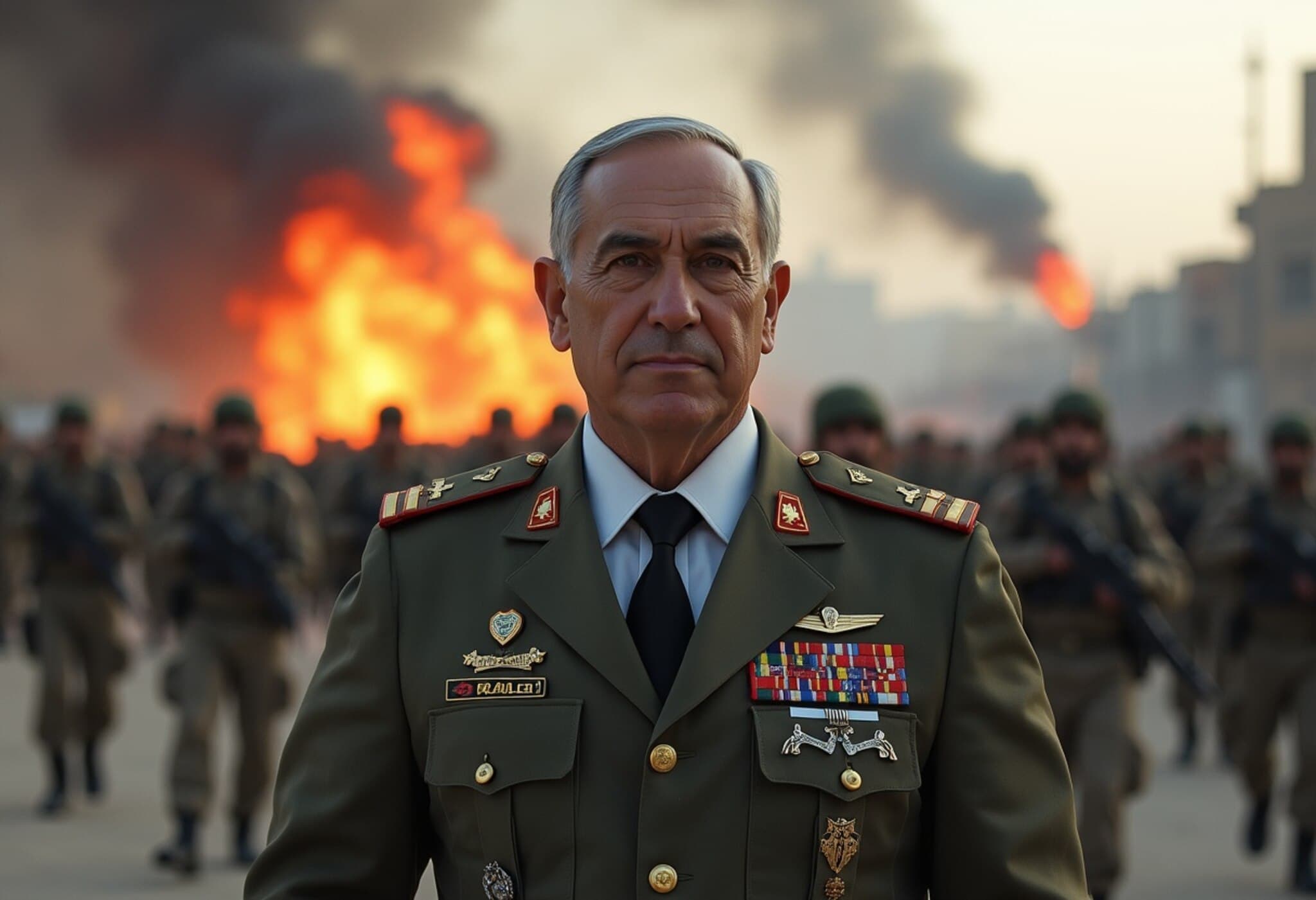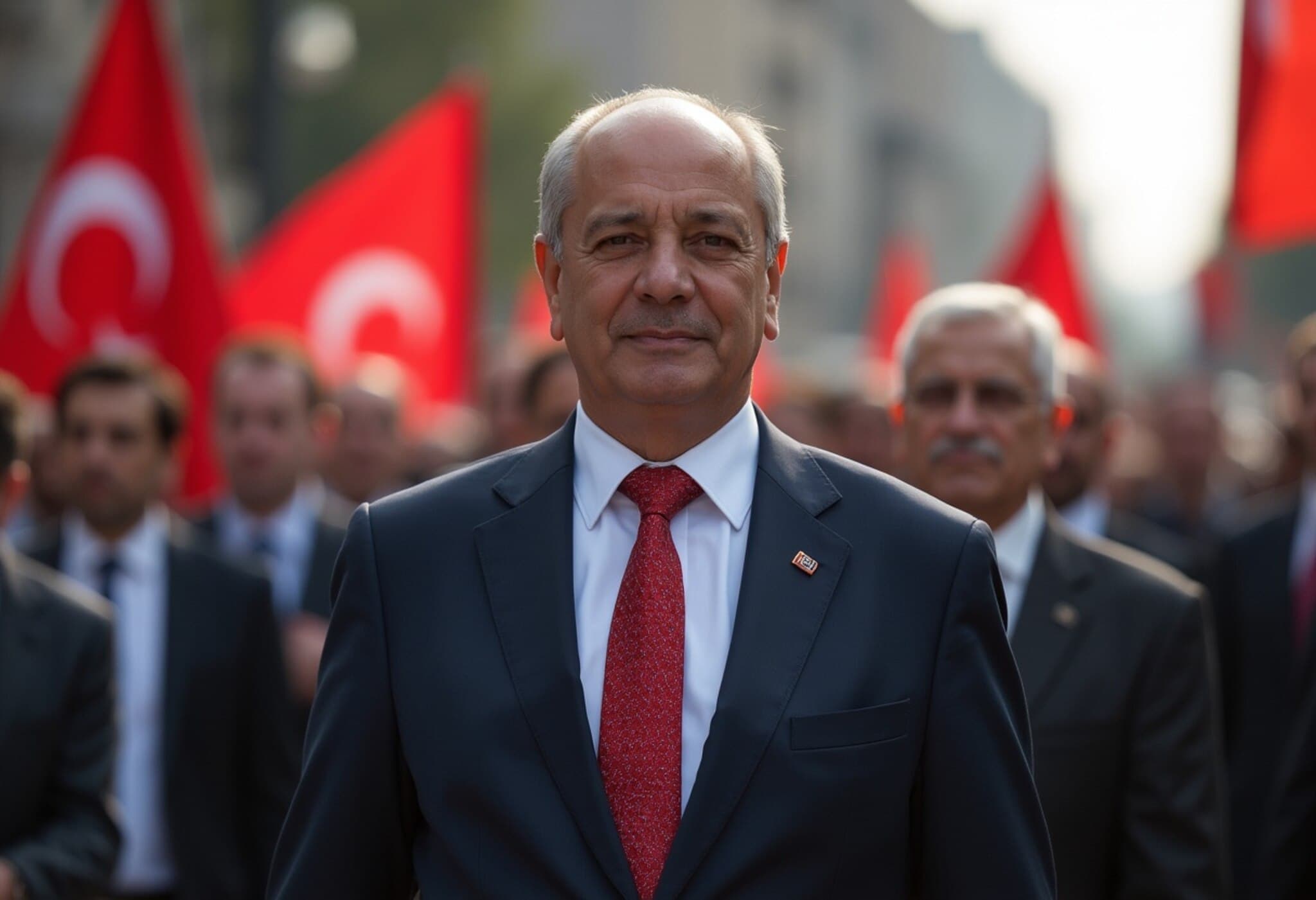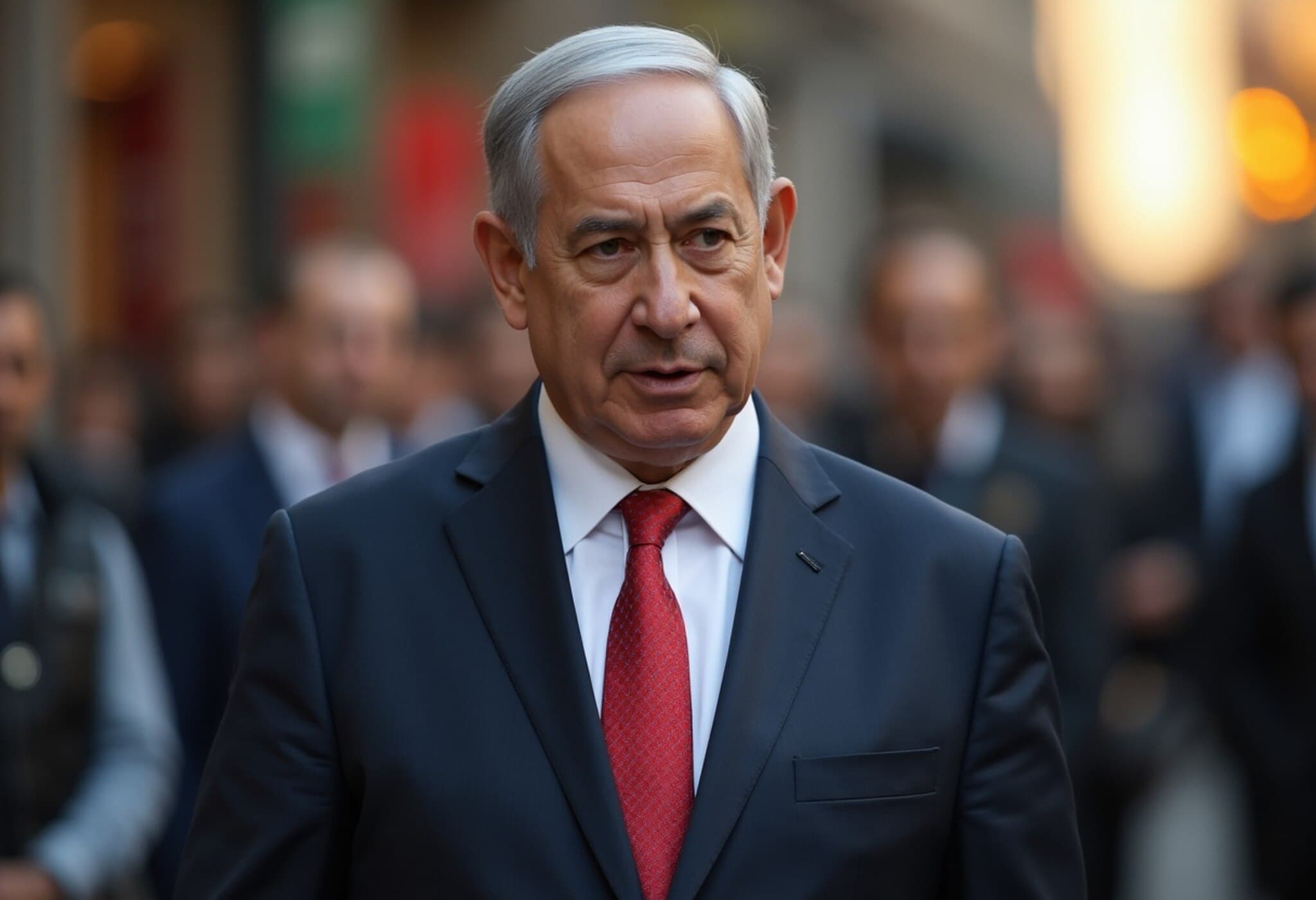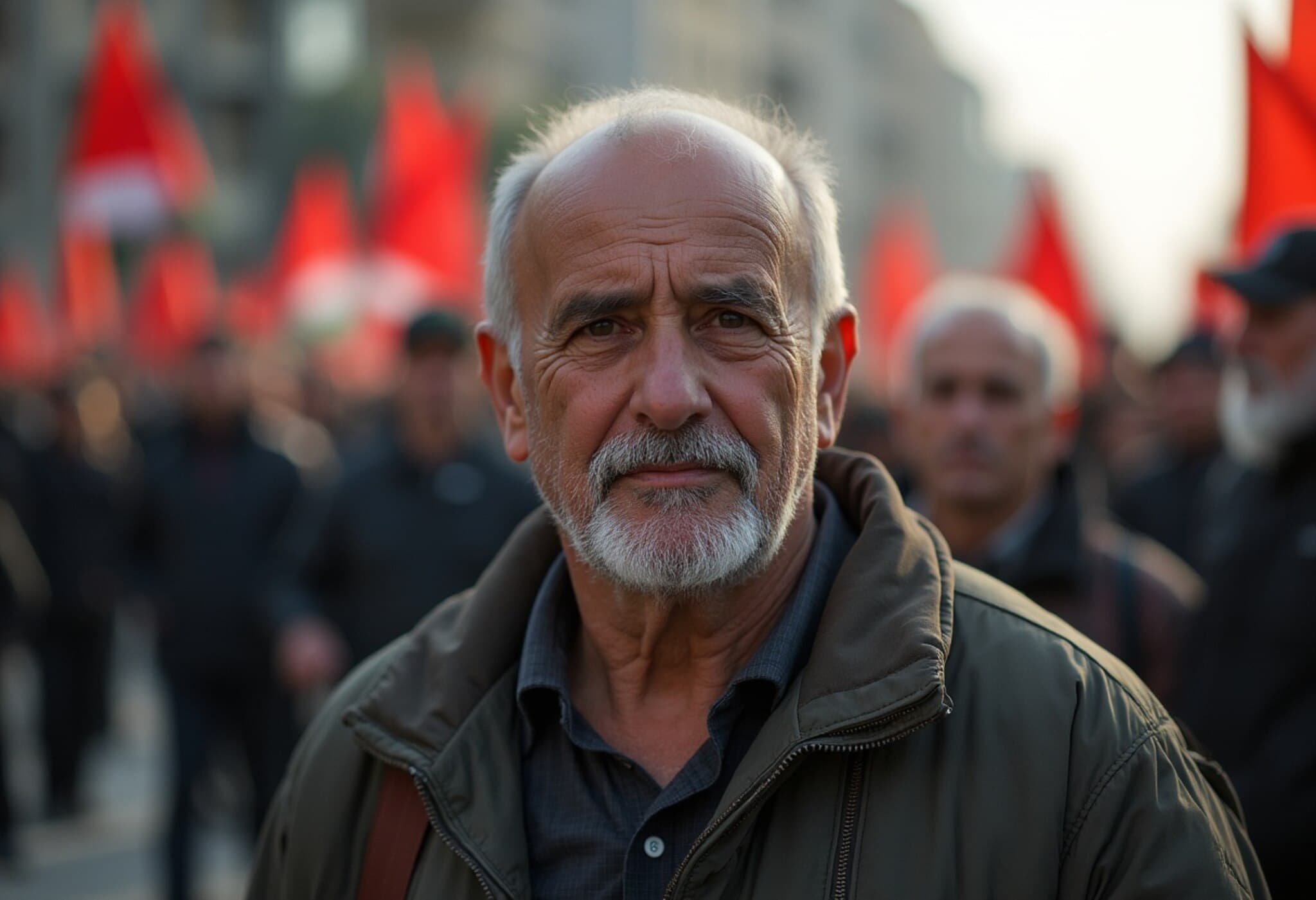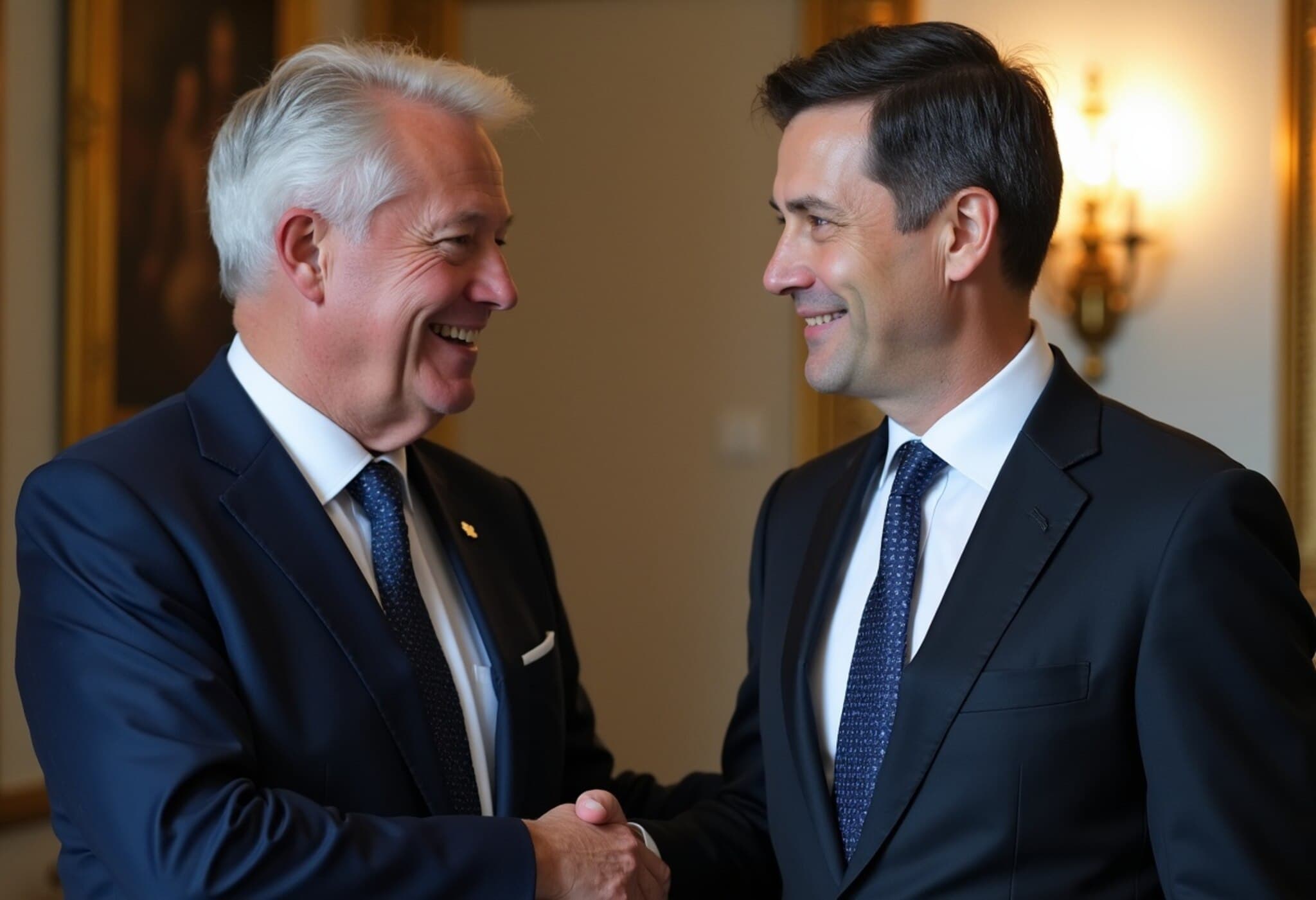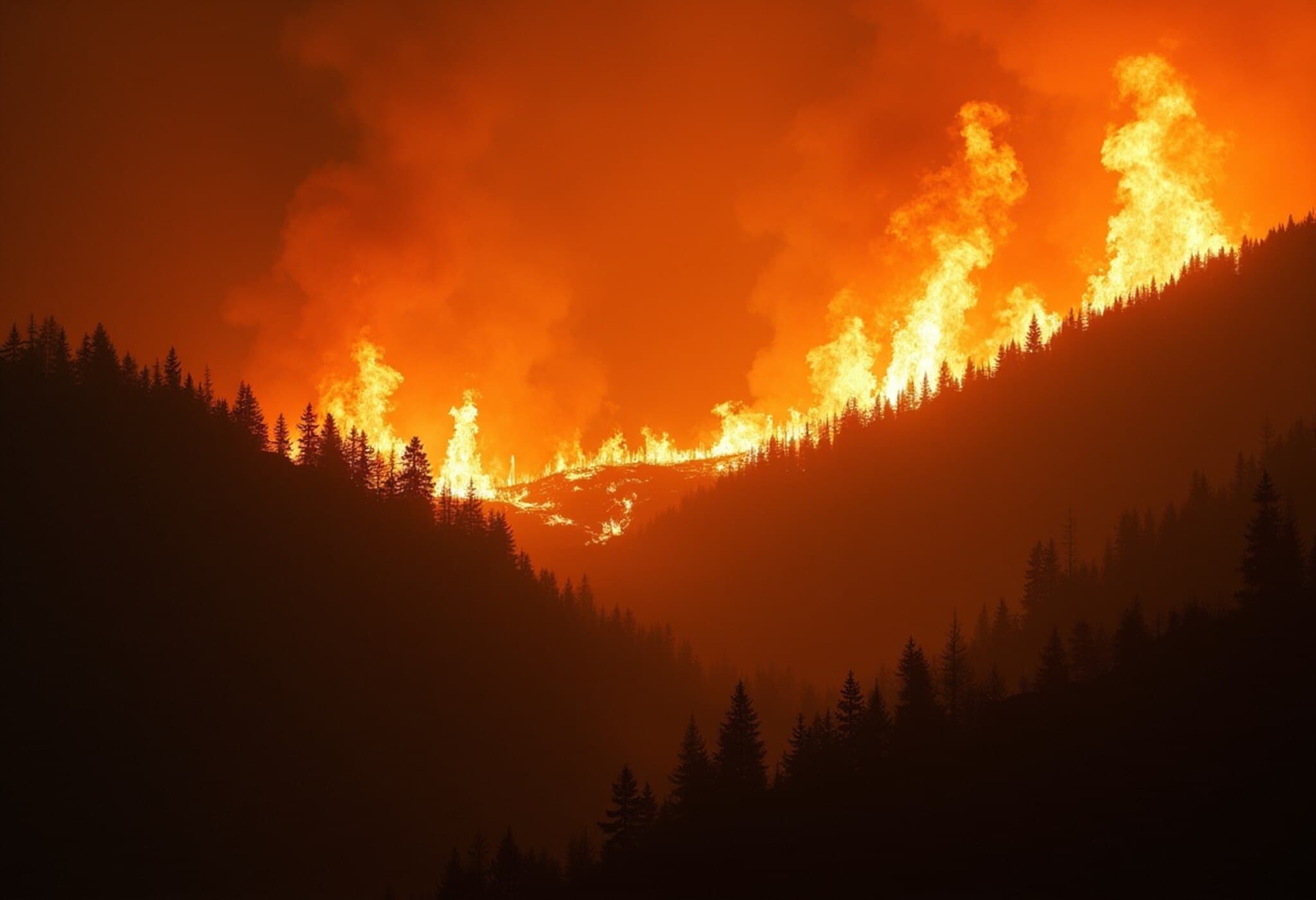Thousands Rally in Tel Aviv Opposing Government’s Gaza City Offensive
On August 9, 2025, tens of thousands of Israeli citizens flooded the streets of Tel Aviv in a powerful demonstration urging their government to halt plans for a military operation in Gaza City. The protest, organized primarily by families of hostages captured during the October 2023 Hamas attack, highlighted the growing domestic unease with Prime Minister Benjamin Netanyahu's controversial strategy to expand the Gaza conflict.
Voices of the Hostages’ Families and Protesters
Demonstrators carried poignant signs and photographs of loved ones still held captive by Hamas militants, sending a heartfelt plea for government action focused on securing their safe release rather than escalating warfare. Shahar Mor Zahiro, who tragically lost a family member among the hostages, delivered a stark warning to Netanyahu: "If you invade Gaza and our hostages are killed, we will confront you relentlessly—in town squares, election campaigns, anywhere and anytime." This sentiment encapsulates a broader frustration felt by many Israelis weary from over 22 months of continuous conflict.
Context: Netanyahu’s Gaza City Plan and Its Fallout
Just one day before the protest, Netanyahu's security cabinet authorized a significant military campaign aiming to capture Gaza City—effectively promising to intensify the already devastating war. The government's declared mission is to "free Gaza from Hamas," yet critics argue this will only deepen the humanitarian crisis and endanger hostages.
International voices, including Western allies and regional powers, have increasingly called for a negotiated ceasefire to prevent further civilian casualties and facilitate hostage exchanges. Yet, Netanyahu’s administration remains steadfast despite murmurs of dissent within Israel’s military leadership.
International and Regional Reactions
The Palestinian Authority, led by Mahmoud Abbas, denounced the Gaza City operation as "a new crime," emphasizing the urgent need to halt the offensive and enable Palestinian governance in the territory. The division between the Palestinian Authority, which governs parts of the West Bank, and Hamas, controlling Gaza, further complicates prospects for peace and administration in the region.
A coalition of foreign ministers from Italy, Australia, Germany, New Zealand, and the United Kingdom expressed grave concerns, warning that seizing Gaza City will worsen the humanitarian disaster, jeopardize hostages’ safety, and provoke an unprecedented civilian exodus.
Russia also condemned the offensive, highlighting the risk of escalating what they deem an already dire humanitarian emergency.
The Human Toll and Ongoing Tragedy
Reports from Gaza’s civil defense confirm the grim reality on the ground: at least 37 people, including 30 civilians queuing for aid, were killed by Israeli fire on the day of the protest. According to Gaza’s health ministry, the death toll in the region has now surpassed 61,000 Palestinians, figures corroborated by the United Nations as reliable data.
In contrast, the 2023 Hamas attack on Israel resulted in approximately 1,219 Israeli deaths, underscoring the imbalance and tragedy fueling this prolonged conflict.
Looking Ahead: Critical Questions and Challenges
- Will Netanyahu’s government reconsider its aggressive posture in light of mounting domestic opposition and international pressure?
- How can the safety and swift release of hostages be prioritized without escalating violence?
- What role might regional actors and international mediators play to revive meaningful dialogue?
- Can the Palestinian Authority’s call for governance in Gaza open pathways to stabilize the territory?
Editor’s Note
The massive protest in Tel Aviv reveals a fracture within Israeli society amid an already protracted conflict that affects millions beyond its borders. While security concerns are profound, citizens and families directly impacted by the hostage crisis demand a shift from military escalation toward humanitarian considerations and political solutions. As global powers voice condemnation, a key challenge remains: balancing national security with the preservation of innocent lives and the long-term pursuit of peace.
Understanding this complex dynamic requires us to look beyond battlefield strategies and consider human stories, regional politics, and the evolving geopolitical landscape that shapes one of the world’s most intractable conflicts.

